Uma Thurman has now spoken about the harassment and assault she suffered because of Harvey Weinstein in an interview with the New York Times. She recalls how he pushed her down and ‘tried to expose himself’ in London during the 1990s, forcing her to ‘wriggle away’ like ‘a lizard’. In the same interview, she also speaks about her difficult relationship with Quentin Tarantino which she says soured after the director forced her to be her own stunt driver while filming in Mexico.
Weinstein’s spokeswoman has said the claims, made by Thurman during her interview with the New York Times, are untrue. Tarantino has yet to respond.
The revelations are damning but there is a paragraph at the end of the New York Times article whichspeaks to a wider problem in the way we talk about heterosexual love and romance:
‘Personally,’ Thurman tells her interviewer, Maureen Dowd, it has taken me 47 years to stop calling people who are mean to you “in love” with you. It took a long time because I think that as little girls we are conditioned to believe that cruelty and love somehow have a connection and that is like the sort of era that we need to evolve out of.’
What we speak about when we discuss the alleged actions of Harvey Weinstein, or those of any man accused or sexual assault or harassment for that matter, is criminal activity. And yet, it is only recently that we seem able to call a spade a spade in this regard.
**READ MORE: The Debrief Investigates - Hormonal Contraception And Mental Health **
Debrief Mad About The Pill Stats
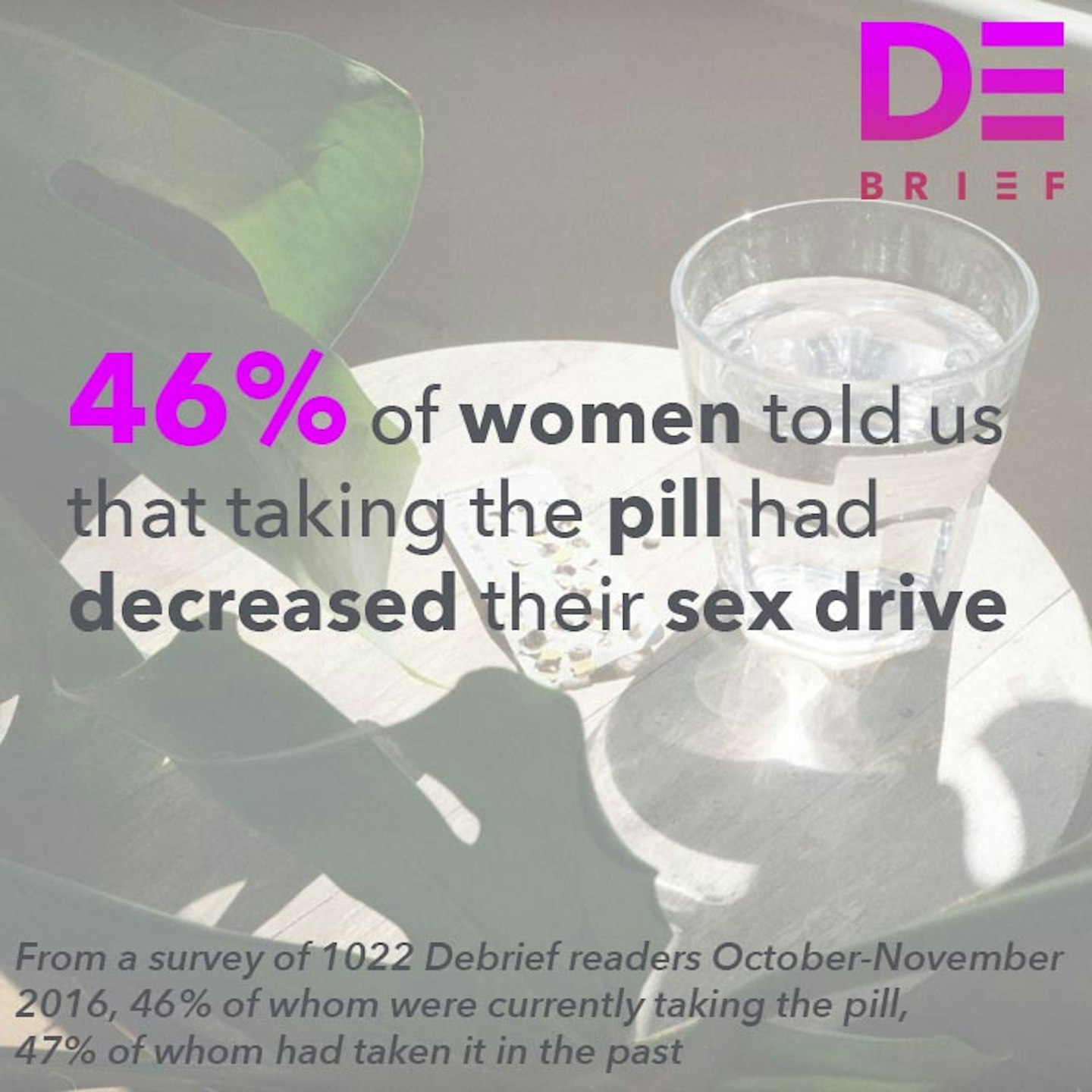 1 of 9
1 of 9Debrief Mad About The Pill Stats
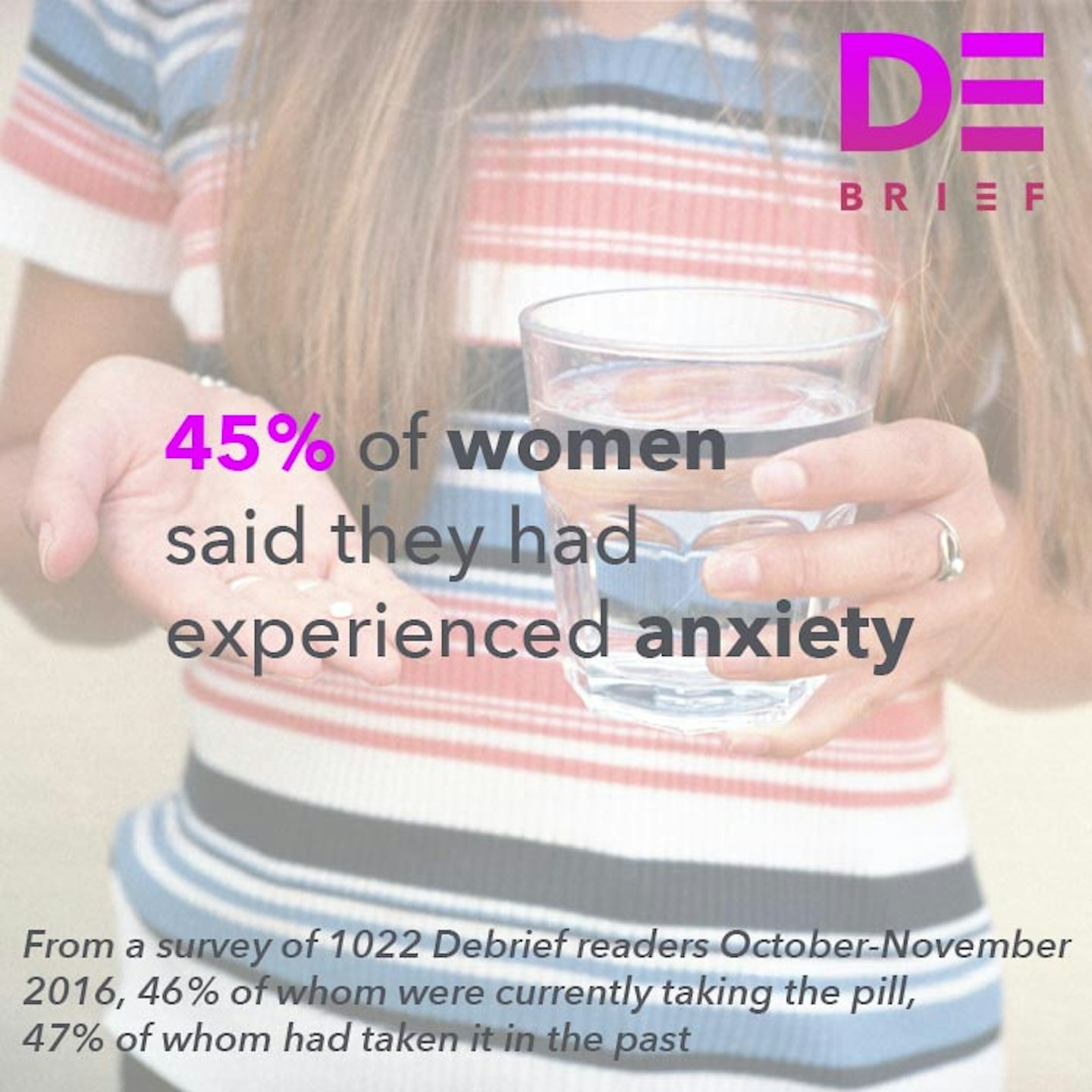 2 of 9
2 of 9Debrief Mad About The Pill Stats
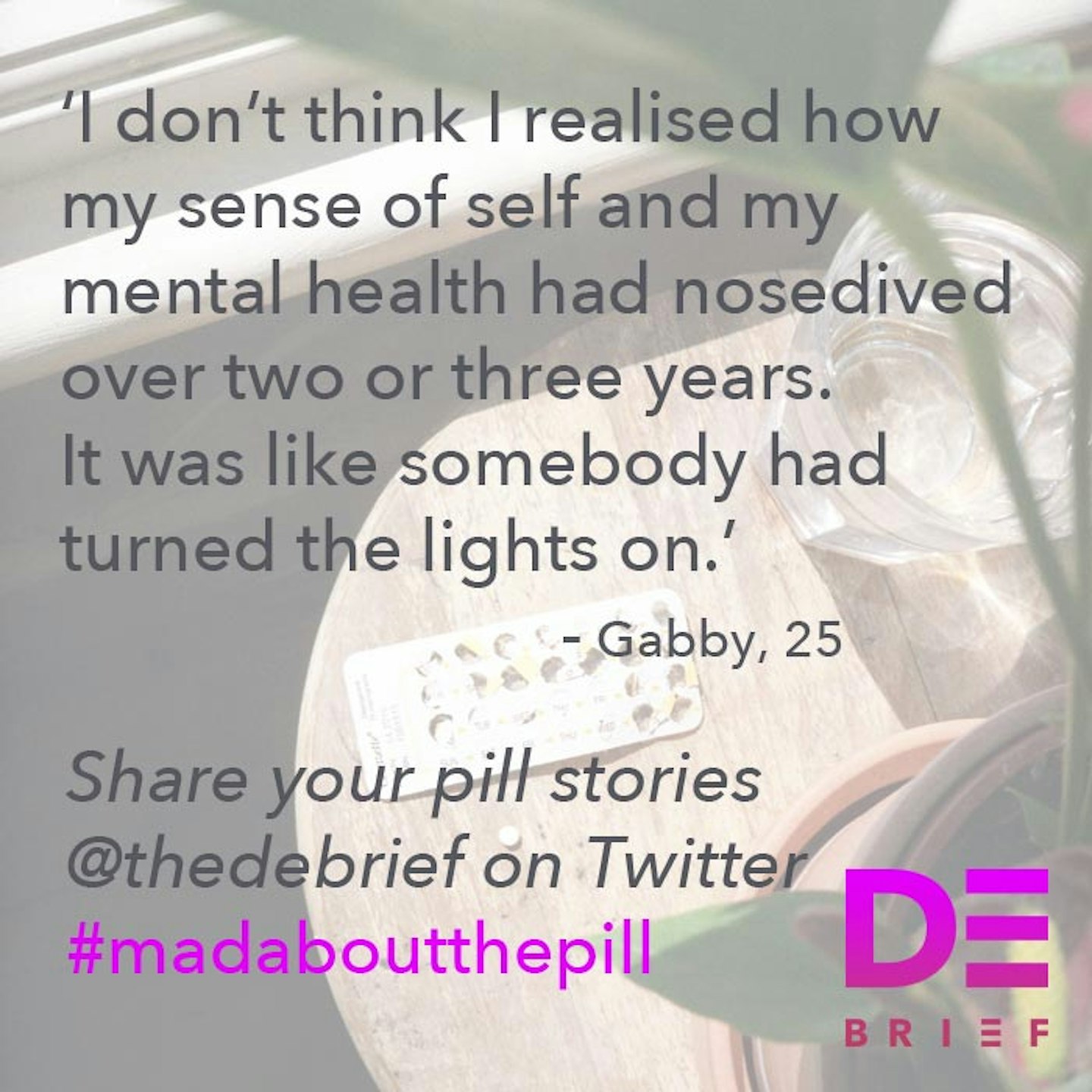 3 of 9
3 of 9Debrief Mad About The Pill Stats
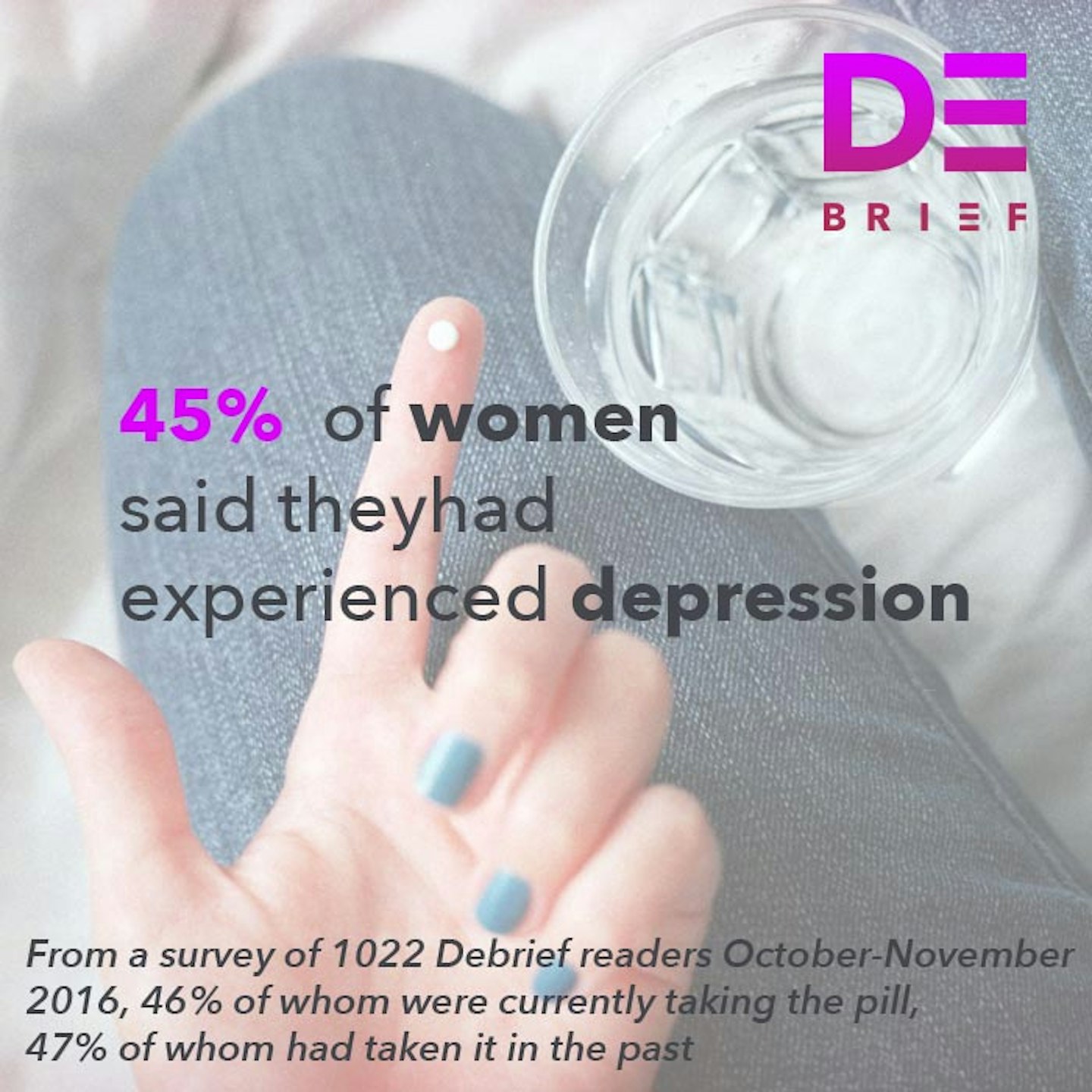 4 of 9
4 of 9Debrief Mad About The Pill Stats
 5 of 9
5 of 9Debrief Mad About The Pill Stats
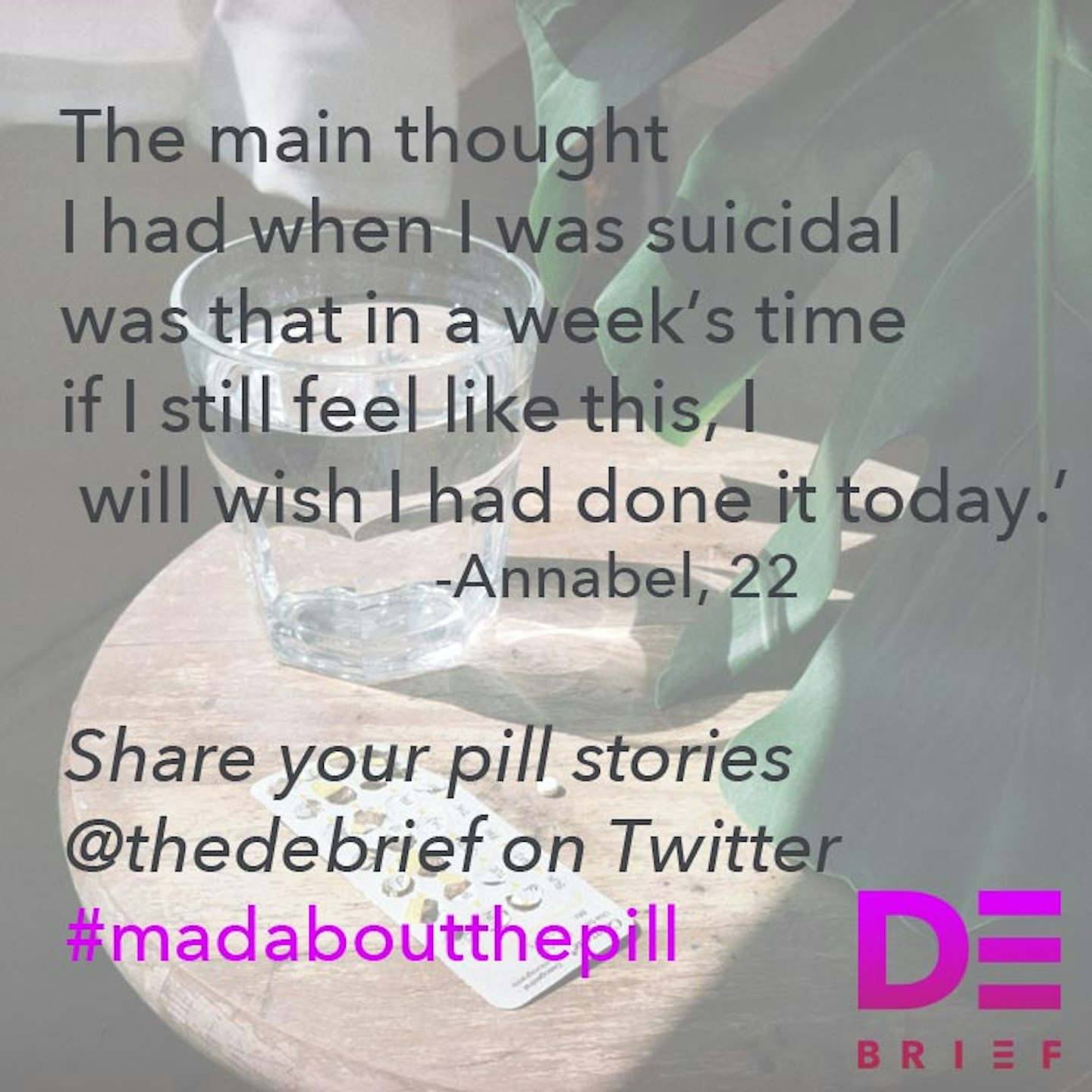 6 of 9
6 of 9Debrief Mad About The Pill Stats
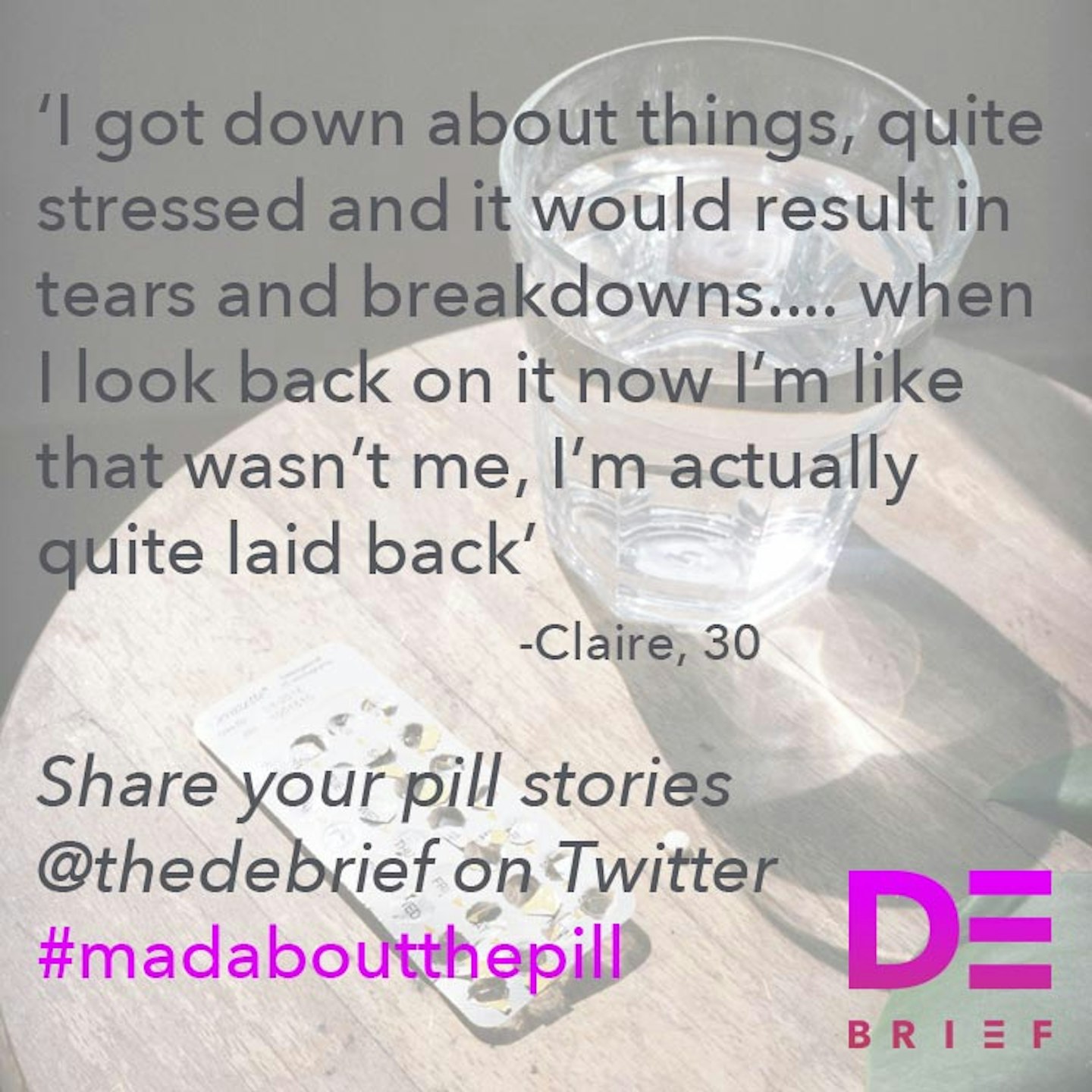 7 of 9
7 of 9Debrief Mad About The Pill Stats
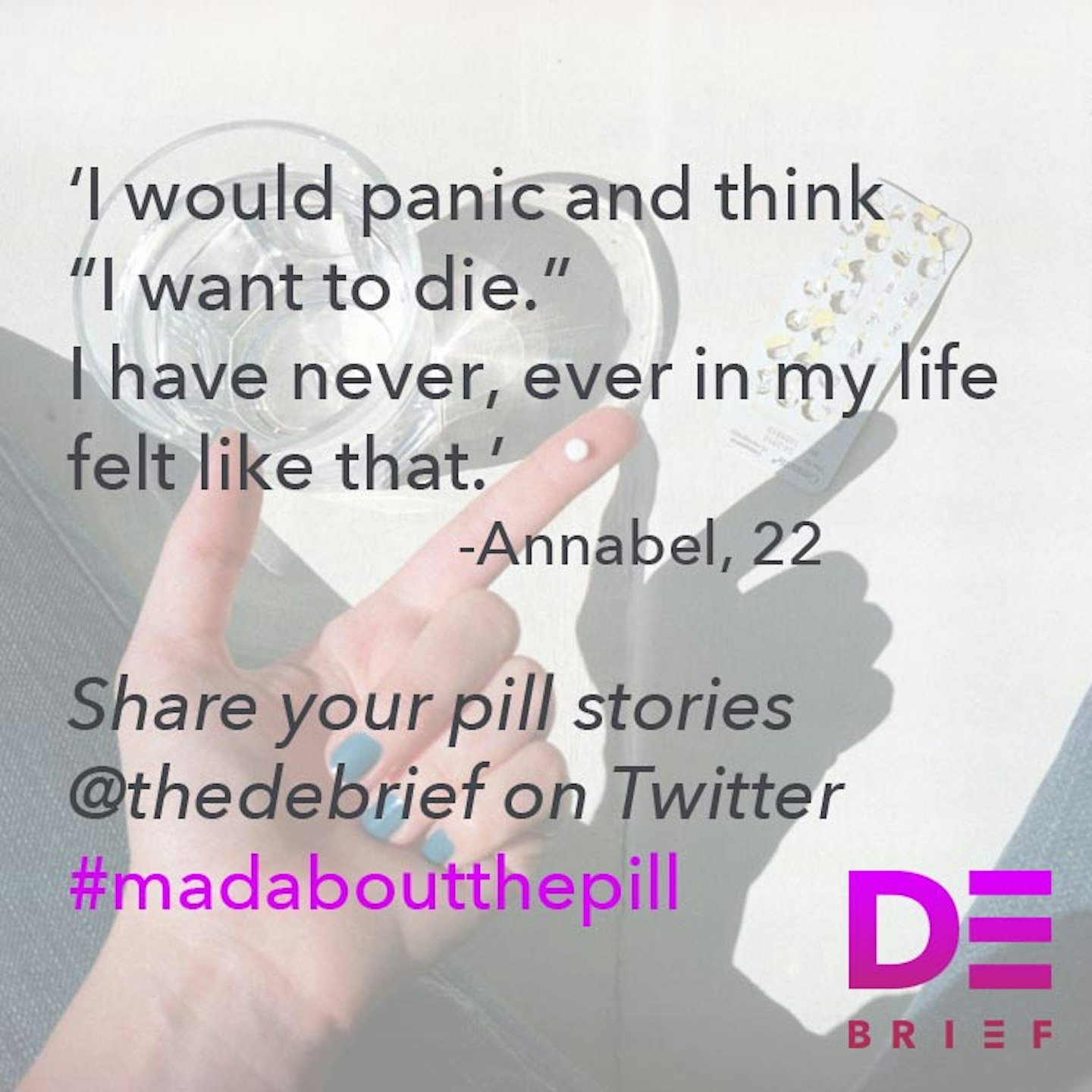 8 of 9
8 of 9Debrief Mad About The Pill Stats
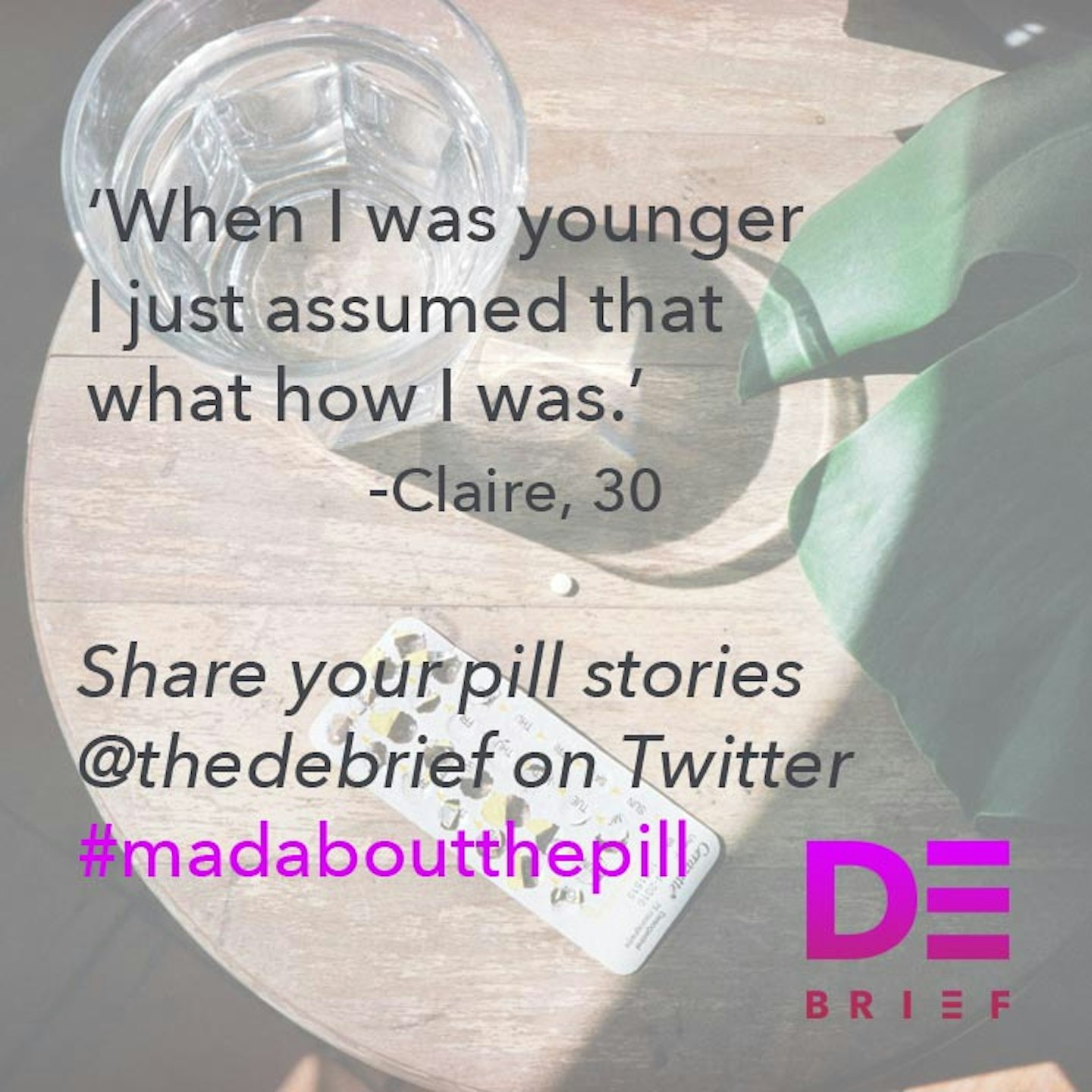 9 of 9
9 of 9Debrief Mad About The Pill Stats
Thurman alludes to the fact that she herself overlooked or dismissed such behavior because of the pervasive myth that ‘if a boy is mean to you it means he likes you’. She is absolutely right that ‘little girls’ everywhere are ‘conditioned’ to think that cruelty equals love.
It’s an old adage which starts with the playground cliché about boys pulling the hair of girls they like because they don’t know how to communicate properly. We’re taught this from the off, we internalise it and what it means is that we know, from a very young age, that we are not only supposed to forgive men when they are horrible to us but be flattered by it. ‘Take it as a compliment’, they say as though we are supposed to blush and say thank you whenever a member of the opposite sex deigns to give us attention, even if it’s as brash as a whack on the head.
The obvious problem with the ‘it just means he likes you’ myth is and has always been that it encourages women to disregard their own feelings. We learn the behaviours that we will act out throughout our lives at a young age; they’re instilled in us by our parents, teachers, wider society and pop culture too.
Like the normalisation of stalking as romance in films like Love Actually, everywhere we look violence against and aggression towards women is couched as overtly sexual. Think of everyone’s favourite cathartic cry film, The Notebook, Ryan Gosling’s character Noah is initially hideous to Rachel McAdams’s character Allie because he is madly in love with her. Somehow this film is regularly touted as #relationshipgoals.
It’s a vicious cycle. We include this myths in TV and film depictions of romance because they are so pervasive in our society but the reason they are so pervasive is because we are constantly exposed to them. Studies have long-found a direct correlation between mass media portrayals of violence against women and acceptance of violence against women. Professor Neil Malamuth’s seminal research conducted in the 1980s found that male research subjects who were exposed to films portraying violent sexuality ‘increased male subjects’ acceptance of interpersonal violence against women’.
To a greater or lesser degree violence against women, both emotional and physical, always seems to come down to attraction. This applies even in the most perverse cases but on a more day to day basis it’s as seemingly innocuous as the ‘girls love bad guys’ myth which runs parallel to the notion that ‘it just means he likes you’.
For too long we have taught young women to allow their boundaries to be knocked down in the name of romance and encouraged men to disregard a woman’s boundaries. Just one tangible result of this is that 85% of young women in the UK have been sexually harassed in a public place, while 35%say they have experienced unwanted sexual touching. Cue cries of ‘cheer up love…I was only trying to pay you a compliment…chill out OK’.
Boys who are mean to girls because ‘they like them’ become men who harass and abuse women who feel duty-bound to make excuses for their behaviour.
If someone is deliberately mean or aggressive towards you it hurts. More than this, it can be scary and emphasise your vulnerability. By reframing the behavior as a warped sign of affection you suppress your instincts and, potentially, stay in what could be a dangerous situation for much longer than you otherwise would. Uma Thurman’s message is important: cruelty has nothing to do with love and we need to do everything we can to do away with this myth one and for all.
Follow Vicky on Twitter @Victoria_Spratt
This article originally appeared on The Debrief.
